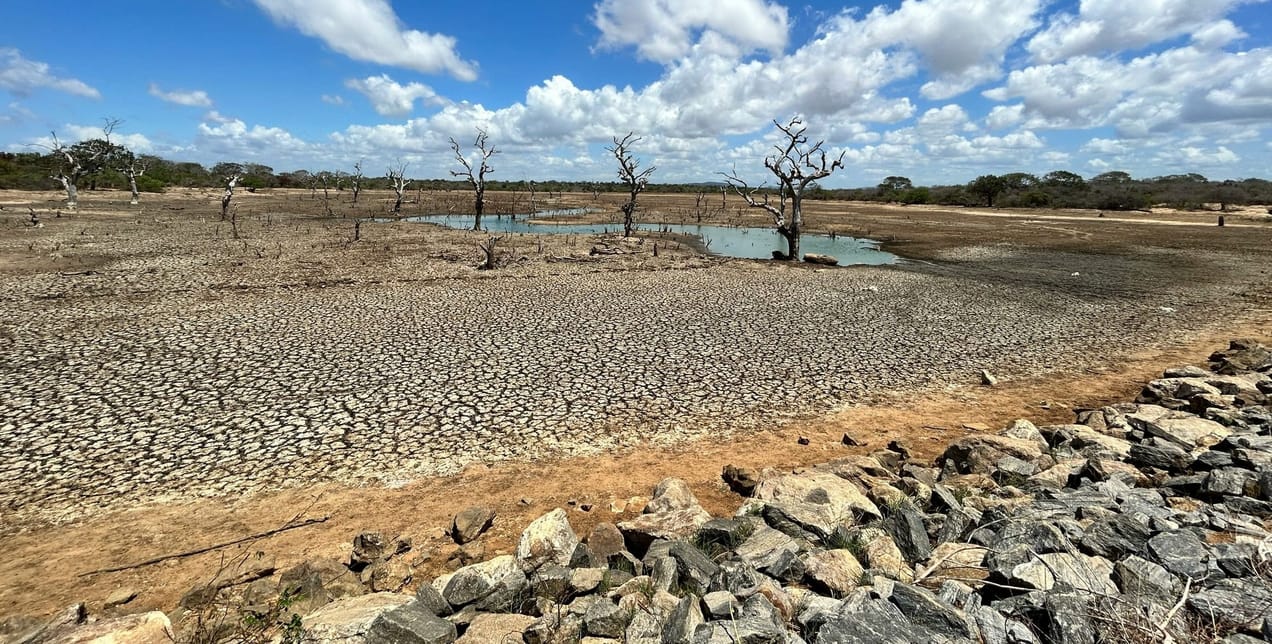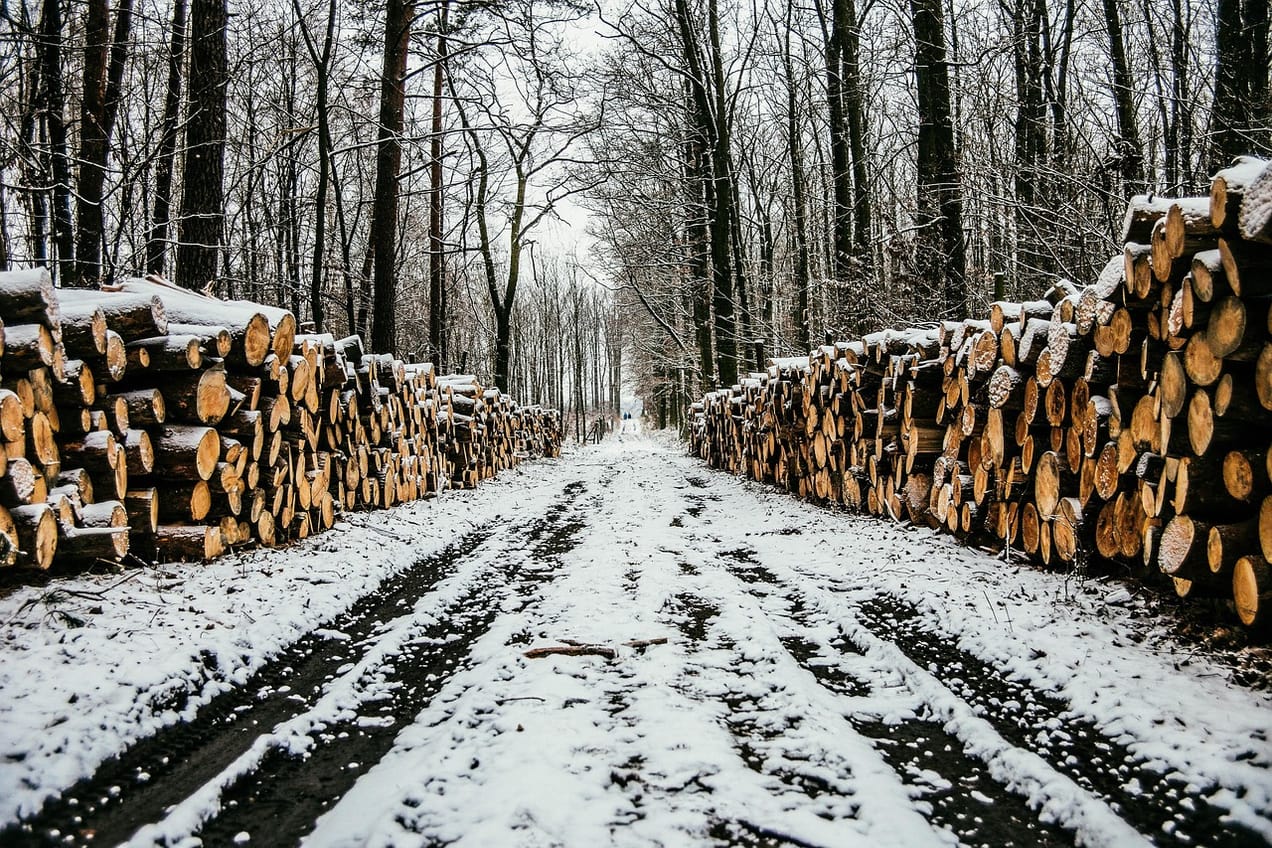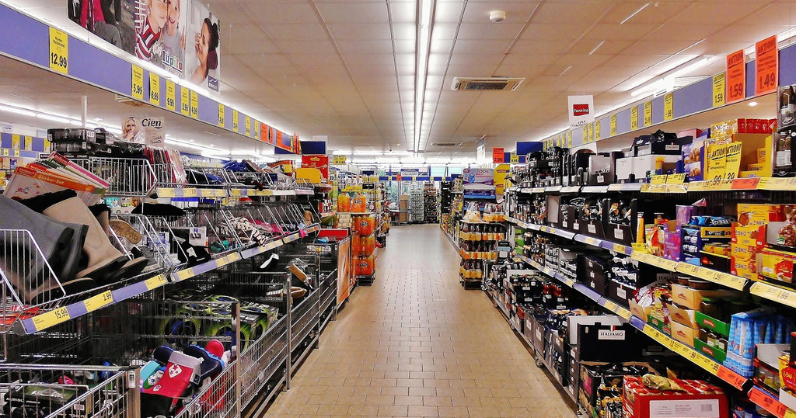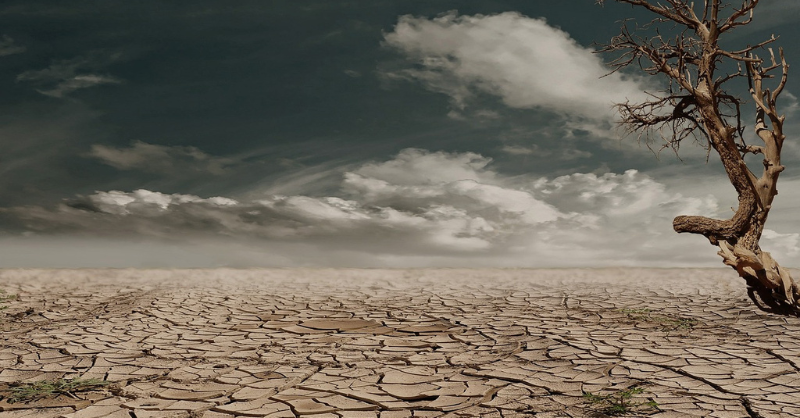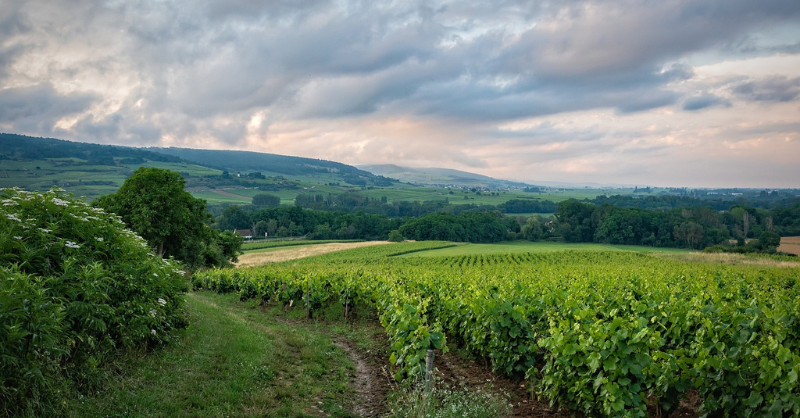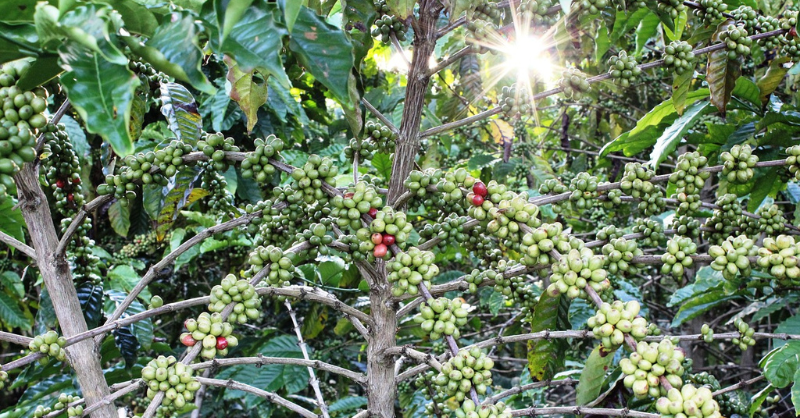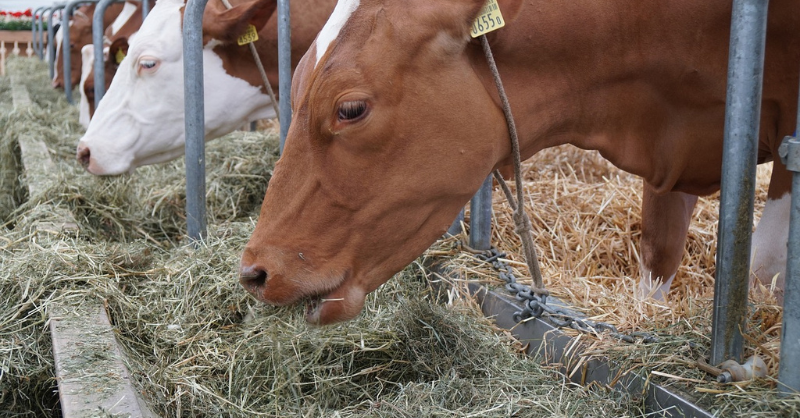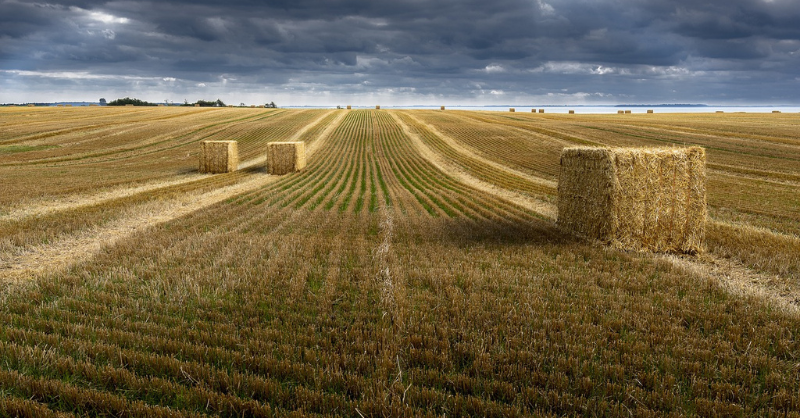Agriculture/natural capital
What we grow, where and how we grow it, and what we eat. Plus how we can protect and enhance our natural environment including biodiversity.
Sunday Brunch: Is shifting meat consumption possible?
This is not a question about whether it is possible for humans to prosper by eating less meat (we know that is possible). It's more about how we might get to this outcome, given that our economic system currently has conflicting objectives around the price of food vs our health & environment.
Sunday Brunch: the future is not evenly distributed
It's often hard to get people to worry about the long term when the short term looks fine. This bias is a real challenge in sustainability. It can not only lead us to underestimate the financial risks, it can also lead us to misunderstand them. Global agricultural production is a great example.
Sunday Brunch: Climate extremes, food supply & bananas
More frequent climate extremes will impact our food supplies. Arguably we are past just mitigation and well into adaptation. One crop that could be materially impacted are bananas. The possible future for banana's gives us insights into the risks and opportunities for the wider food supply chain.
Deforestation - an increasing risk for food companies
A lack of supply chain resilience is one of the most material investment risks faced by companies in food related industries. Within this deforestation is becoming more prominent. Put simply, if there is material deforestation taking place within a company's supply chain, the time to act is now.
Sunday Brunch: what is important for food producers
The key issues for food companies - healthier diets and climate resilient supply changes. Do you really understand where the food companies you are invested in, or involved with, stand on these key issues.
How firms adapt to climate change
Do we really think enough about how firms will adapt to climate change. At the risk of sounding defeatist, we are already heading for c. 3 C of global warming. We need companies to prepare = adaption.
Wine, cognac, sustainability and financial risk
Grape growers face material climate change risk, in terms of temperature increases, water shortages and climate volatility. Companies are starting to disclose some information on their responses, but we need to dig deeper.
Food companies, sustainability and financial risk
Climate change is going to alter what can be grown where, and the yields that farmers can deliver. This is very likely to lead to higher prices. And yet current financial reporting by companies in the agricultural value chain doesn't really talk about this. This needs to change.
Stopping cows from burping.
Could gene editing could solve the cow methane problem? Although innovation sometimes over promises and under delivers, there are times when it's necessary. When the alternatives are unlikely to get delivered at the scale we need. And cow based methane looks like just such a case.
Is farmer insurance a green bottleneck ?
Insurance best practice can clash with sustainability. Without insurance, impacted communities would probably not continue. And it's the same for farmers.
Why we need to protect insect populations
A large percentage of our crops require pollination. And for that we need insects. So why, as investors, are we allowing the companies we are invested in to take actions that put pollinators at risk?
Sunday Brunch: not every sustainability decision is an either/or
As a society we seem to what to make every choice binary. You either select A or B. And the A people often hate the B people, and think that they are idiots, or something worse.

